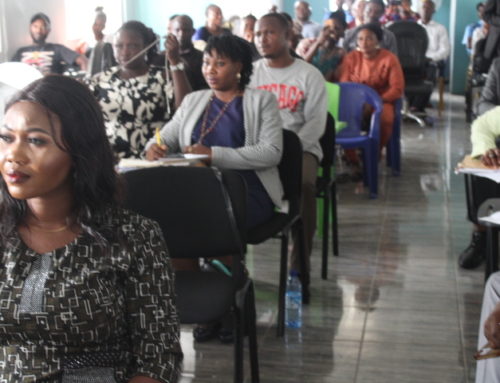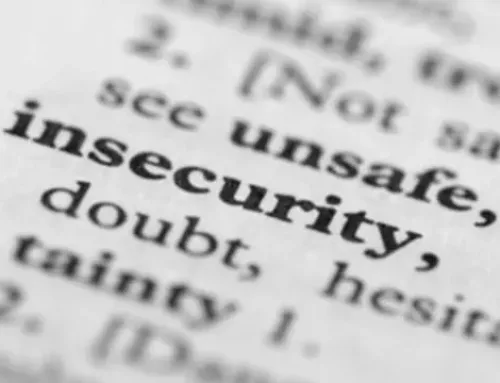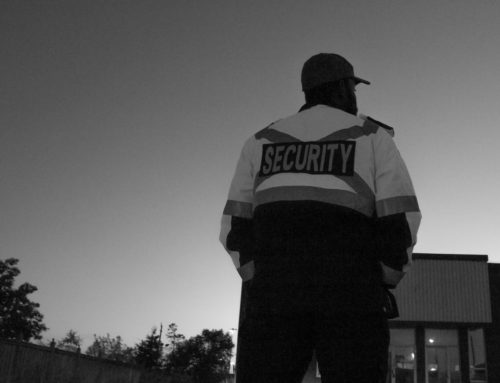Wireless internet connection enables connection and access to the internet through the use of radio waves (examples includes; WiFi cellular/ mobile network, etc) rather than connecting wires to computers, phones and other gadgets requiring internet.
Wireless connection is accessed by providers, e.g., MTN, Swift, etc.
With the world becoming more technology savvy, the employment of wireless connection (hereinafter referred to as “WiFi”) has become the most common means of accessing the internet and carrying out other transactions (which includes online banking). Easy use and accessibility does not make it risk free.
Abstinence from the use of WiFi is a rather unrealistic venture; rather, it is important to be cautious of the various risks attached to using free public WiFi.
It is, however, important to note that the bedrock of this work is “free public WiFi for banking purpose”.
Some of the risks attached to using free public wifi include:
- Leaking of personal information, including passwords, PIN by applications who go online and immediately for updates etc and they leave a trail behind them.
- All activities and information done by your internet enabled gadget are transmitted by airwaves which can be intercepted by hackers and other cyber criminals.
Below are some of the safety tips when using free public WiFi for online banking:
- Ensure the bank website visited is secured by confirming the presence of a padlock and https (the presence of the “s” is important, as it signifies secured) in the address box.
- Update operating system and software. The use of outdated software provides easy access for hackers and other cyber criminals, as software owners fix vulnerabilities in each new update, thus making it less accessible.
- Use cellular/ mobile network where available, as they are more secure and less accessible.
- Do not enable automatic connection by your gadget to any wifi. Verify the genuinely of such connection before accessing and using.
- Use all available security avenues, e.g. two (2) way verification.
- Use security software and antivirus. Ensure firewalls and antivirus is active, genuine and up to date.
- Use strong and unique password for all online activities.
- Use a virtual private network (VPN). This encrypts all data and information passing through its tunnel. This reduces the risk of such being uncovered or hacked.
The use of free public WiFi is a risky venture and users must treat all such connections with suspicion.






